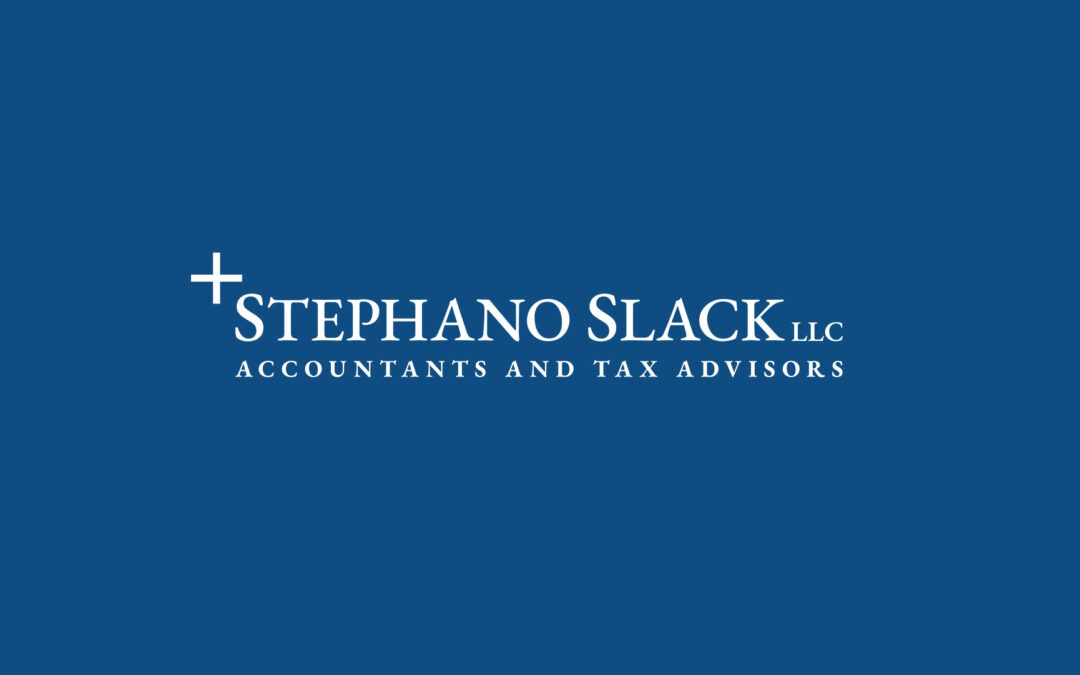New for 2017
You are eligible for a $3,000 exemption on your Income Tax return if you are a military veteran who was honorably discharged or released under honorable circumstances from active duty in the Armed Forces of the United States on or any time before the last day of the tax year. Your spouse (or civil union partner) is also eligible for an exemption if he/she is a veteran who was honorably discharged or released under honorable circumstances and you are filing a joint return. This exemption is in addition to any other exemptions you are entitled to claim and is available on both the resident and nonresident returns. You cannot claim this exemption for a domestic partner or for your dependents.
Claiming the Exemption
- When completing your tax return, you must fill in the oval (resident return) or check the box (nonresident return) to indicate that you are claiming this exemption. Otherwise, the exemption(s) will be disallowed.
- You must provide official documentation showing that you were honorably discharged or released under honorable circumstances from active duty the first time you claim the exemption(s).
Claiming the Veteran Exemption for a Deceased Spouse
A taxpayer whose spouse died during the tax year can claim the deceased spouse’s veteran exemption if:
- They file a joint New Jersey tax return ; and
- The spouse did not remarry by December 31 of the tax year or were divorced/legally separated from the spouse on the date of death.
The taxpayer (surviving spouse) may need to provide proof of eligibility.
The taxpayer will not be able to claim the vet exemption for the deceased spouse in any subsequent year.
Providing Documentation
You must provide official documentation showing that you were honorably discharged or released under honorable circumstances from active duty the first time you claim the exemption. The most common form of documentation provided is a copy of your Certificate of Release or Discharge from Active Duty, DD-214, The United States National Archives and Records Administration can assist with obtaining a copy of your DD-214. NJ can only accept documentation that lists your characteristic of service (discharge). You only need to submit a copy of your records the first time you claim the exemption, you do not need to provide this documentation each year.
You can certify for the exemption by sending your documentation and Veteran Income Tax Exemption Submission Form to the Division before you file, which may help process your return faster. To certify:
- Use the secure document upload feature to submit your documentation and Veteran Income Tax Exemption Submission Form. Enter the notice code VET and select PO Box 440; or
- Mail a copy of your documentation and Veteran Income Tax Exemption Submission Form to: The New Jersey Division of Taxation, Veteran Exemption, PO Box 440, Trenton, NJ 08646-0440; or
- Fax your documentation and Veteran Income Tax Exemption Submission Form to 609-633-8427.
Note: To certify for the Veteran Exemption, your documentation must show you were honorably discharged or released under honorable circumstances. NJ cannot approve your claim for the exemption until they receive the requested documentation.
Once NJ receives information that you qualify for the exemption, the Division will provide a letter of receipt confirming your eligibility. Letters will be sent in January the first year you meet the qualifications. 2017 letters will be issued after January 1, 2018.
If you do not certify before you file for the exemption, you will need to submit documentation showing that you were honorably discharged or released under honorable circumstances from active duty when you file using:
- A Paper Return. Enclose a copy of your documentation with your return;
- NJ Fill’nFile. Upload your documentation into the repository;
- Other Electronic Filing Methods. If you file your return using NJ WebFile, third-party software (such as TurboTax), or you have a tax professional who electronically submits your return, you can send a copy of your documentation and Veteran Income Tax Exemption Submission Form using one of the three certification methods listed above
For help determining if this exemption applies to you, or assistance with certifying your exemption contact Stephano Slack.



Recent Comments